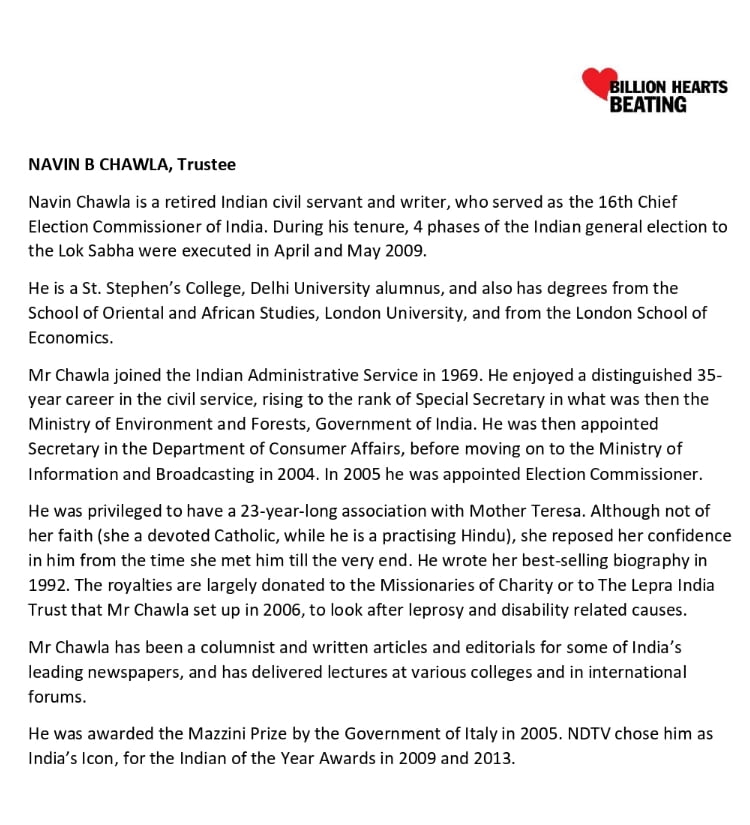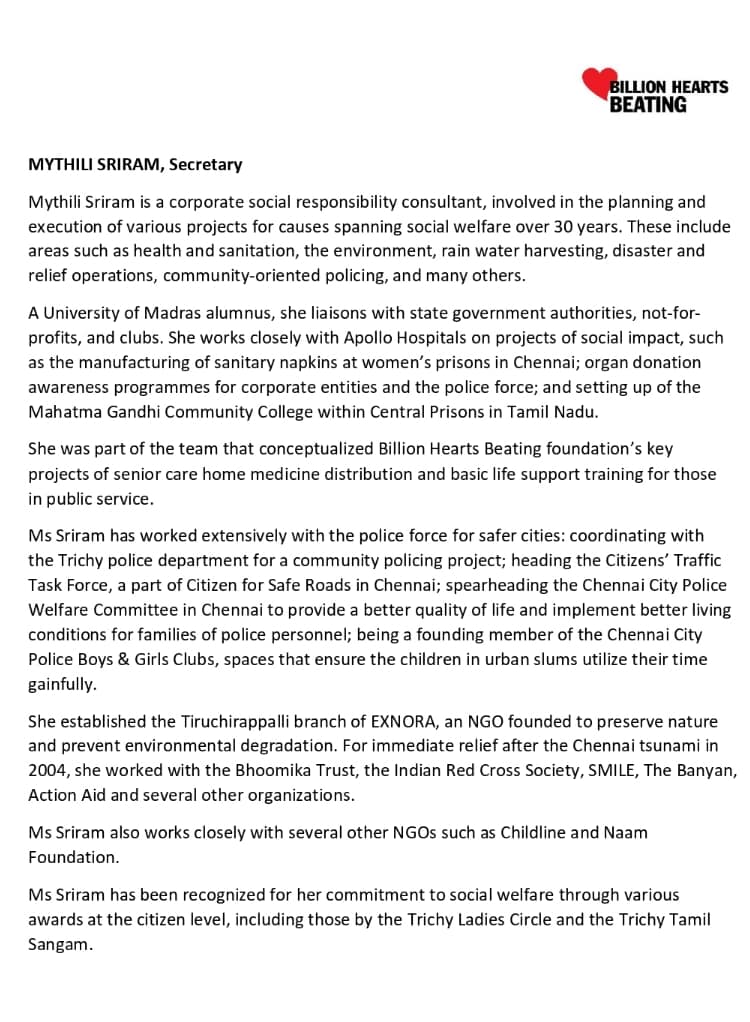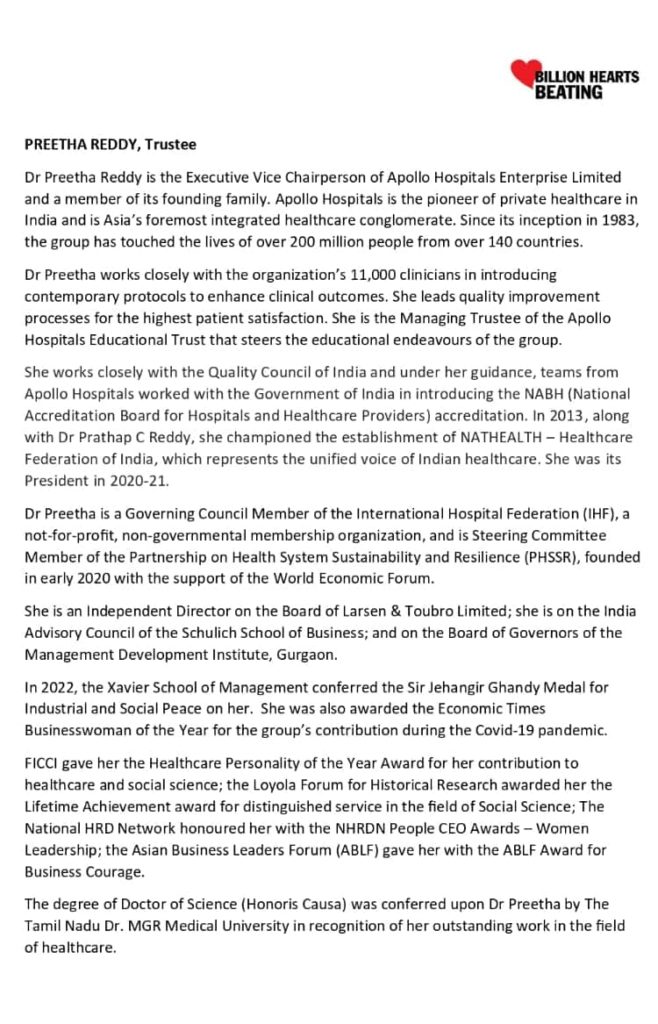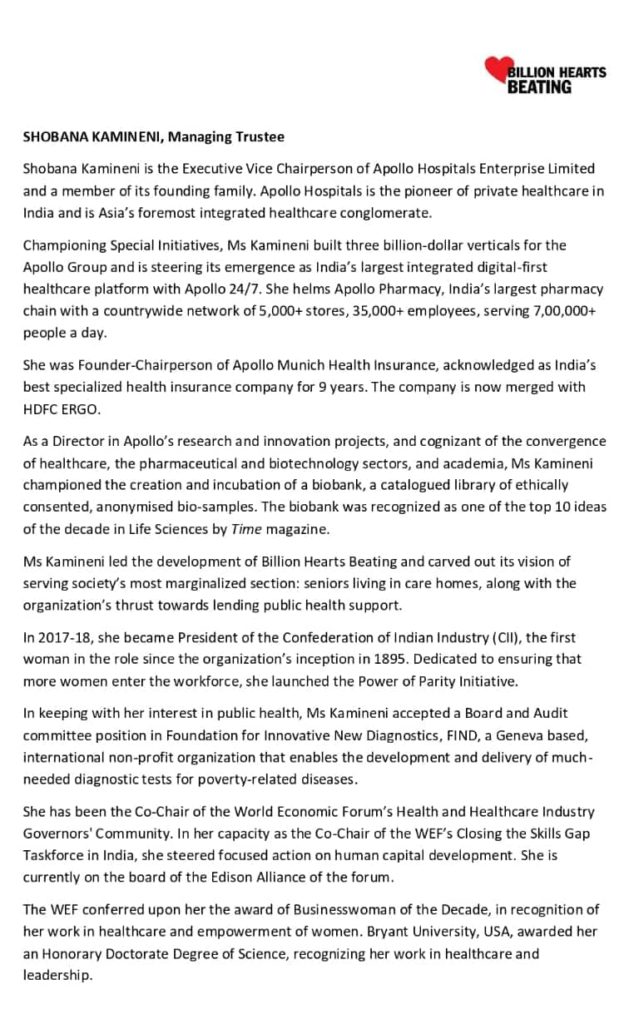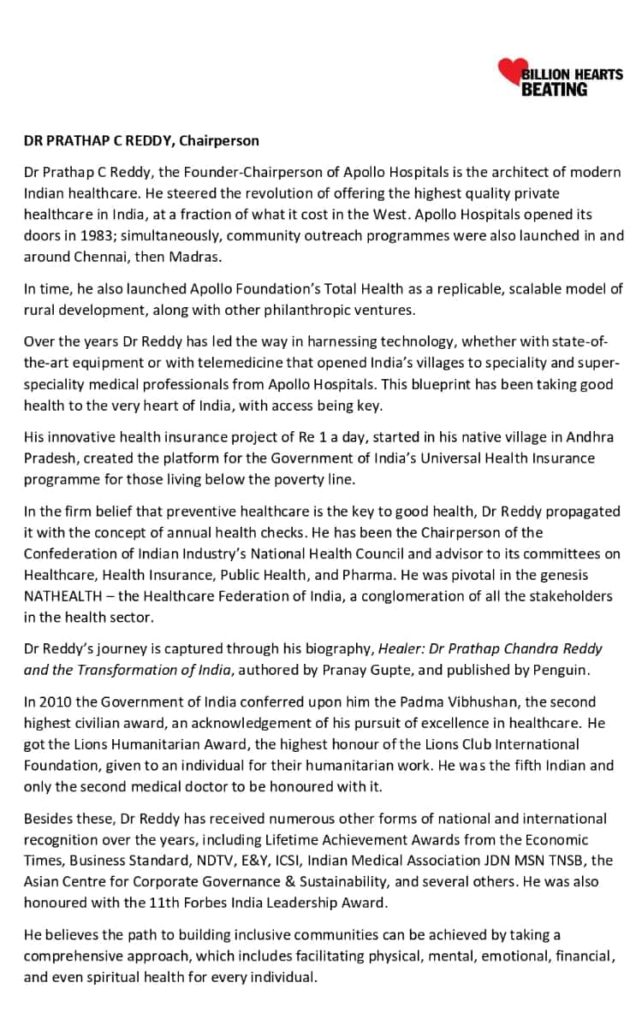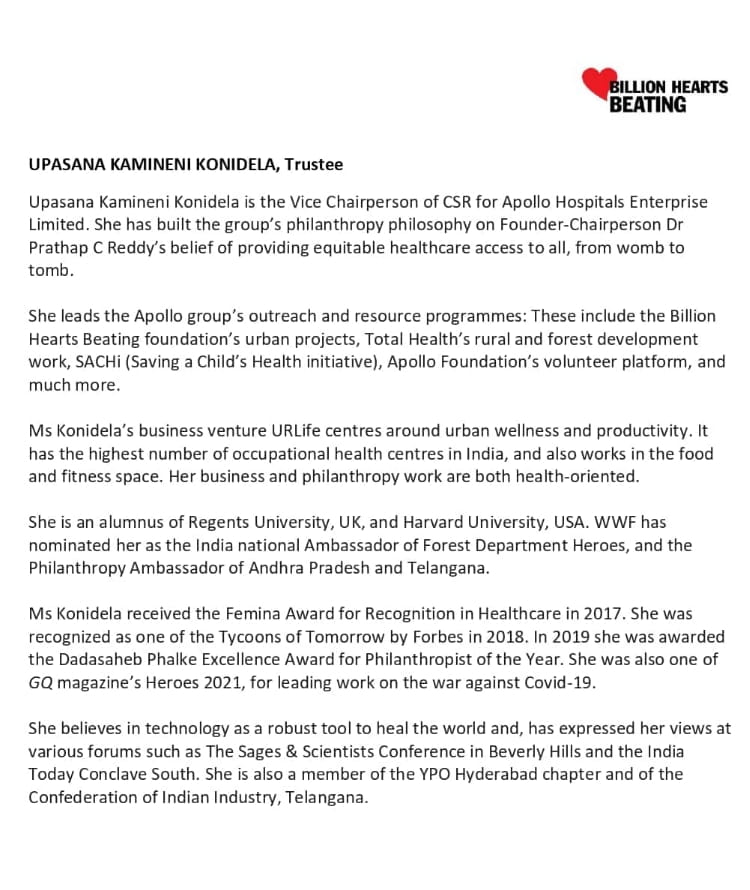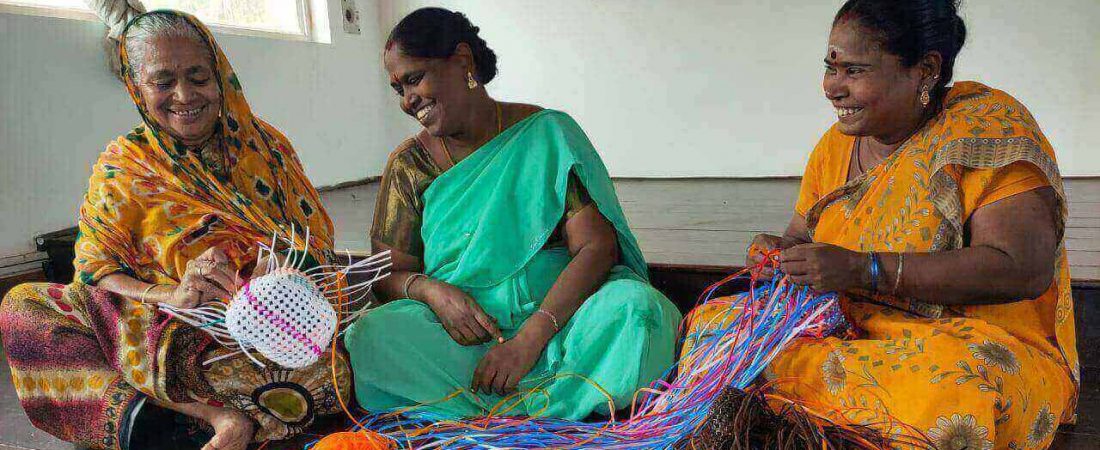
We are in the product storeroom, and Sunitha (name changed to protect identity), 42, is showing me baskets, candles, bangles, and jute bags, all made by the residents of The Banyan, a non-governmental organisation (NGO) based in Chennai that provides services to those who are homeless and living with mental health issues.
The makers of these products either live on The Banyan premises or are a part of the Home Again project that helps integrate those who have recovered from mental health illnesses into the Thiruvidanthai community. They live in rented accommodation in the village in Kancheepuram District, Tamil Nadu, and visit the vocational training and development centre daily.
Sunitha is the only vocational trainer at what is called The Banyan Collective, working with upto 10 women and men at a time. Here, the team comes together to block-print, stitch, and weave.
“We sell all these items at stalls organised by companies at their events,” says Sunitha, who trains people for a month before putting them on the job. Every month, the vocational team weaves 30 to 50 baskets made with plastic rope, along with cushion covers, keychains of wool and leather, cheque book pouches, palm leaf jewel boxes, and more. The deadlines are never stringent so that residents are not pressured or stressed.
The work is purely by choice, residents get paid, and the process of crafting and the element of participation helps people merge into the Banyan community, she says, adding that vocational training was begun in 1995. “It gives people a sense of identity and a voice.”
Sometimes, interest can wane, much as it does for all of us, at work. Here, Sunitha will wait until the interest returns. “No one should be forced to do things they don’t want to,” she says.
The approach to treatment is a combination of biopsychosocial and psychotherapeutic, with Apollo Hospitals contributing medication. The work here is, in a sense, therapy in itself because it brings focus.
This vocational trainer cannot imagine working anywhere else. “If I have to leave this job at The Banyan, it will be like losing a big part of me. Even 100 crore rupees won’t make me as happy as this work does.” The praises that she and her team of crafters receive are more important to her than increments or bonuses.
When she joined 12 years ago, she wasn’t like this. “Earlier, people would say I needed medicine to overcome my anger,” she says, laughing. “Now, I have become humble, less arrogant, and more compassionate than before. I also feel inspired by those I work with. They are responsible and dedicated to work. For example, Suraj (name changed to protect identity) won’t go home until he finishes the work, I give him.”
She also talks about the stigma surrounding those who have mental health illnesses. She was hesitant to work with them initially, she says, talking about something that happened to her when she was about 14. “Someone who was mentally challenged tried to pat me on the back, on the road. I was scared, and that fear stayed with me.”
When the job offer from The Banyan came, she joined to overcome her own fears and prejudices. “Now I know they are like children – totally authentic. “They sit and console me when I am sad. They express whatever they feel in their heart.”
The Apollo Foundation’s Billion Hearts Beating Foundation provides medicines at no cost to The Banyan, non-profit organization under Project Aushad
